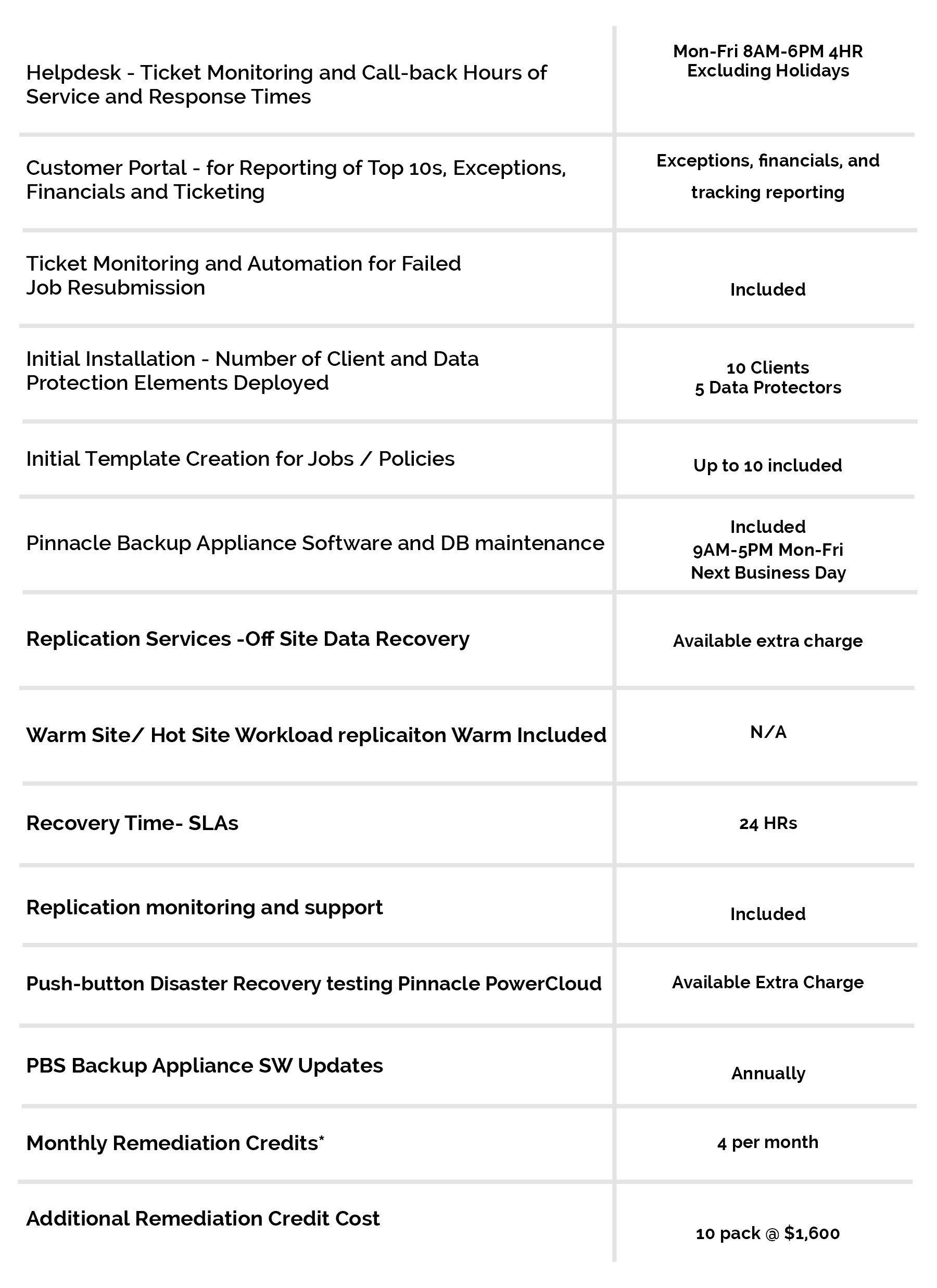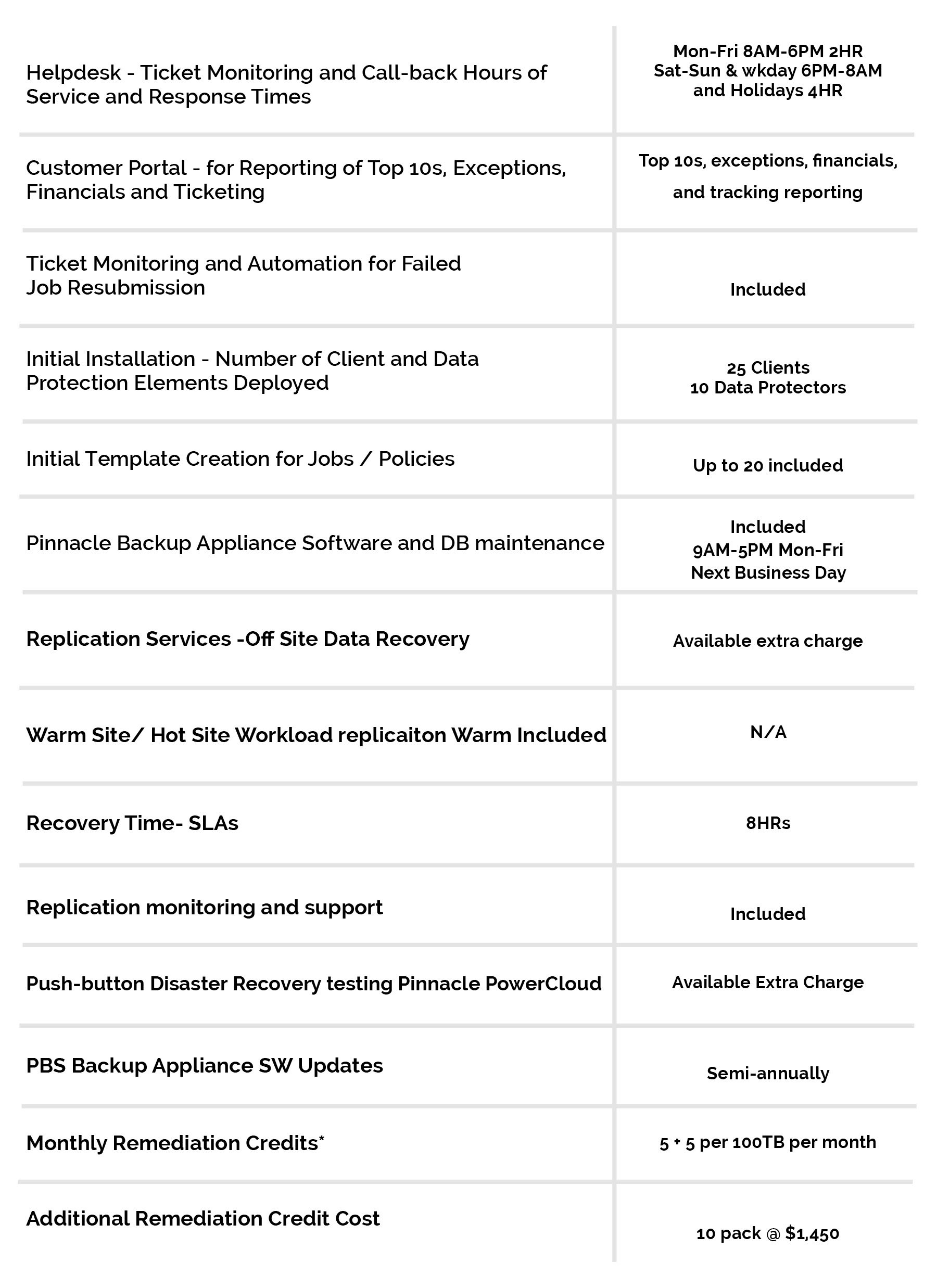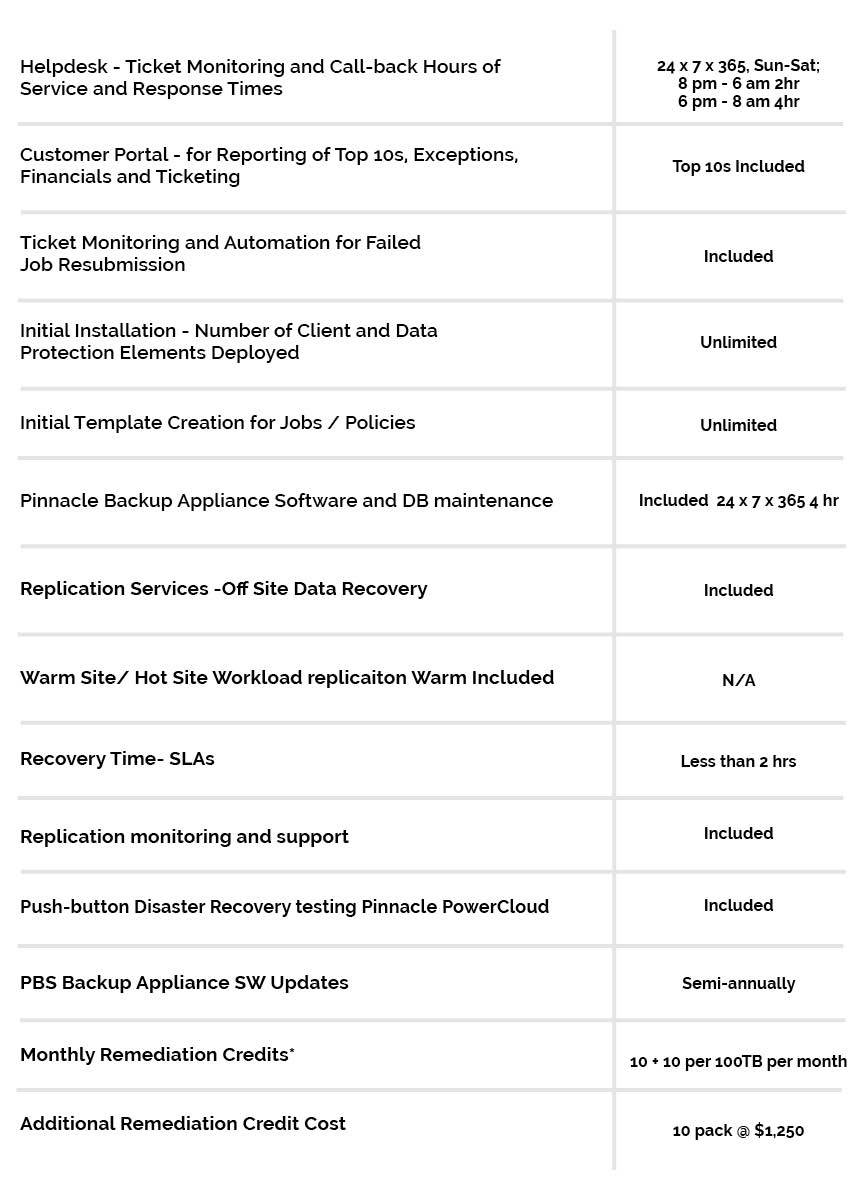05 Sep A look at analytics strategies: Predictive, performance management and business intelligence
Organizations that don’t utilize analytics risk falling behind their competitors. When executed carefully and accurately, analytics can open the door to better decision-making, improved internal processes and the ability to achieve future goals.
Let’s look at three strategic approaches to analytics and explore how they differ.
Predictive analytics: Looking into the future
This approach is one of the most common and beneficial for organizations just getting started with analytics processes. Predictive analytics enables stakeholders to examine and analyze their existing data sets to identify patterns and trends that can help make predictions about the future. As Predictive Analytics Today noted, this strategy can encompass techniques like predictive modeling, machine learning, and artificial intelligence to analyze data and bring information together in a way that supports forecasts about future events and process outcomes.
This approach can be applied to different business activities and can assist decision-makers to ensure they have resources to support demands. It can also help gauge the potential effectiveness of a certain process.
“Predictive analytics models capture relationships among many factors to access risk with a particular set of conditions to assign a score,” Predictive Analytics Today stated. “By successfully applying predictive analytics, the businesses can effectively interpret big data for their benefit.”
Performance management: Identifying areas for internal improvement
This strategy typically pertains to human resources or finance and accounting, as well as other internal workforce operations. This style of analytics can also be applied to other areas in order to foster benefits like improved efficiency and dynamic transformation.
As Host Analytics explained, performance management can deal with processes like planning, forecasting and modeling, consolidation and close management, and reporting and tracking of management, financial, regulatory and other metrics. Performance management can be basic or advanced in its analysis, depending on the areas of focus and the data included. Either way, the end result seeks to improve expensive or siloed processes and increase overall performance.
Business intelligence: Supporting decision-making

Predictive analytics can provide a look into future forecasts.
When analytics processes were first emerging, there was much discussion of business intelligence. It’s important to understand exactly what BI entails and the outcomes it can support.
BI is all about supporting internal decision-making and ensuring stakeholders have the details needed to enable company goals. Predictive analytics can be helpful, but BI can focus more on current rather than future forecasts.
To find out more about different analytics approaches and the solutions to support them within your organization, connect with the experts at Pinnacle today.





